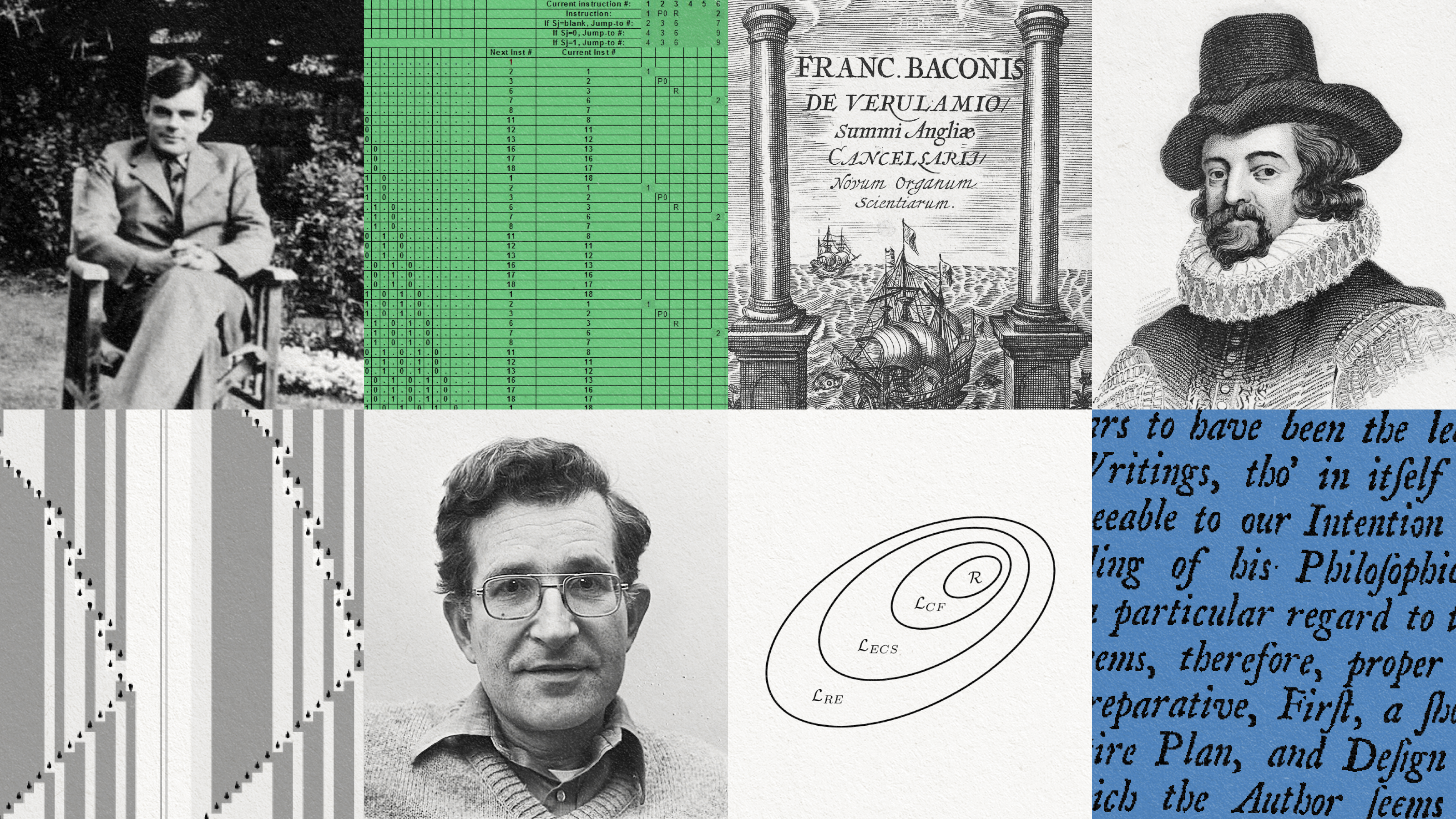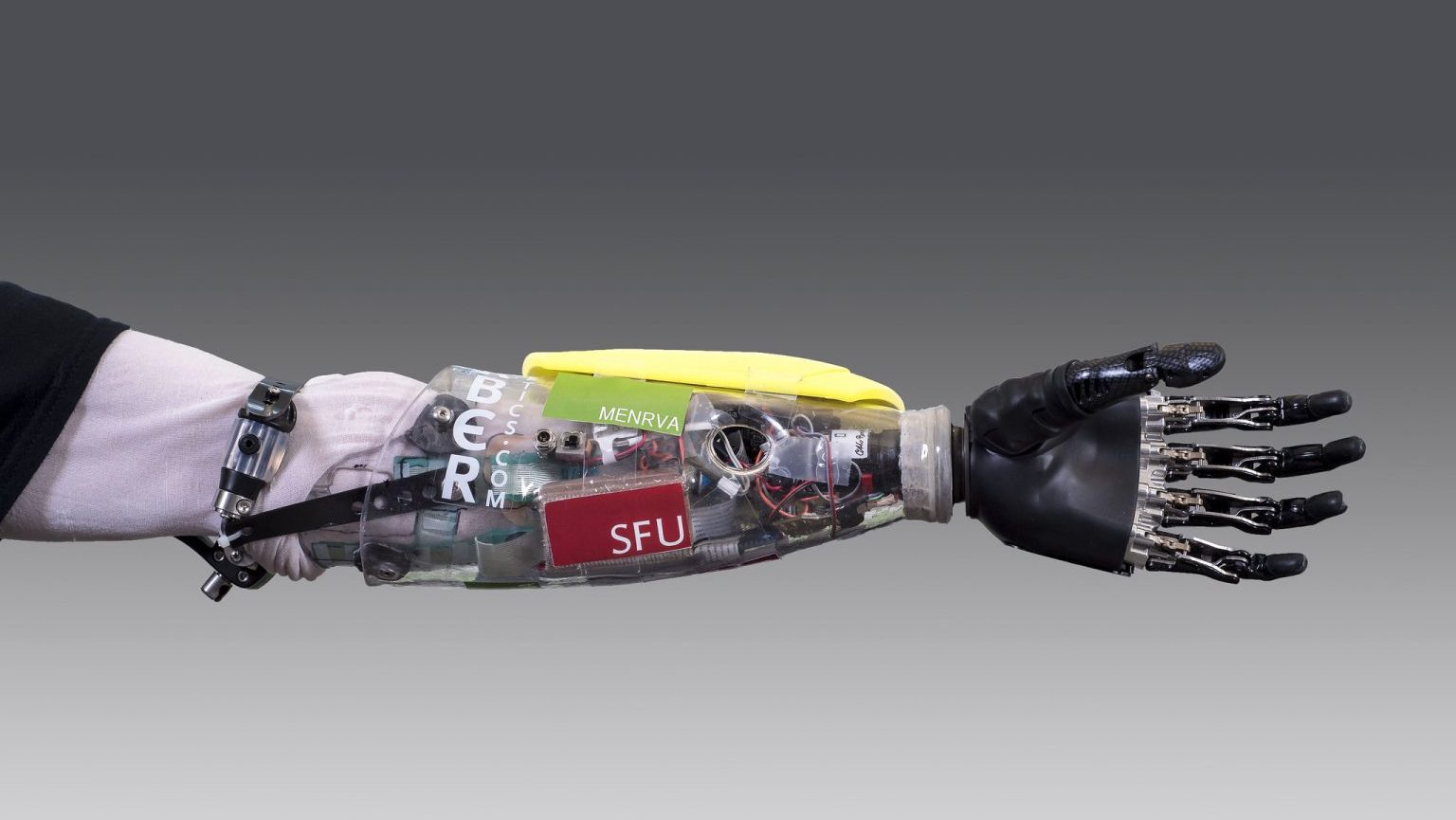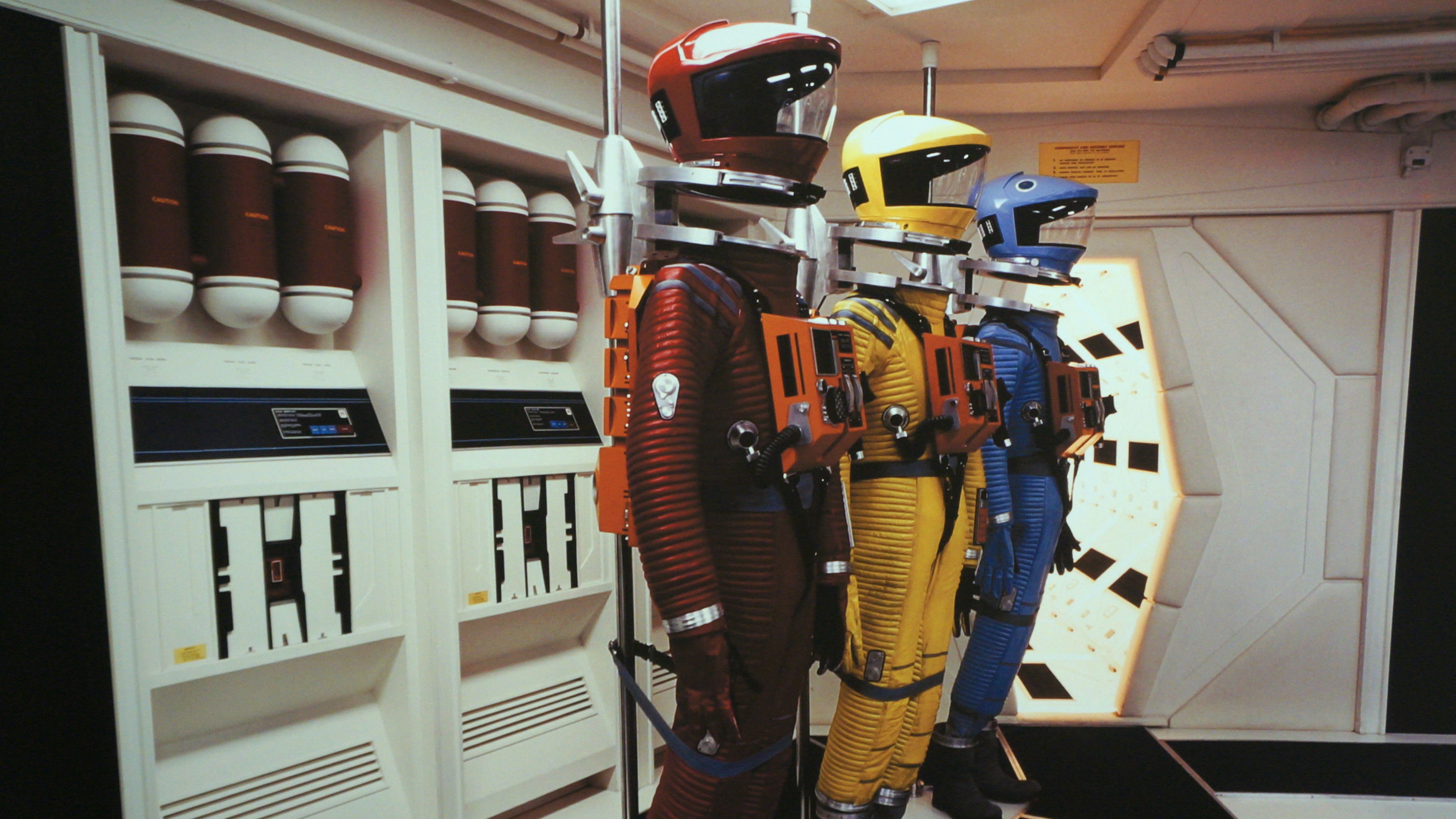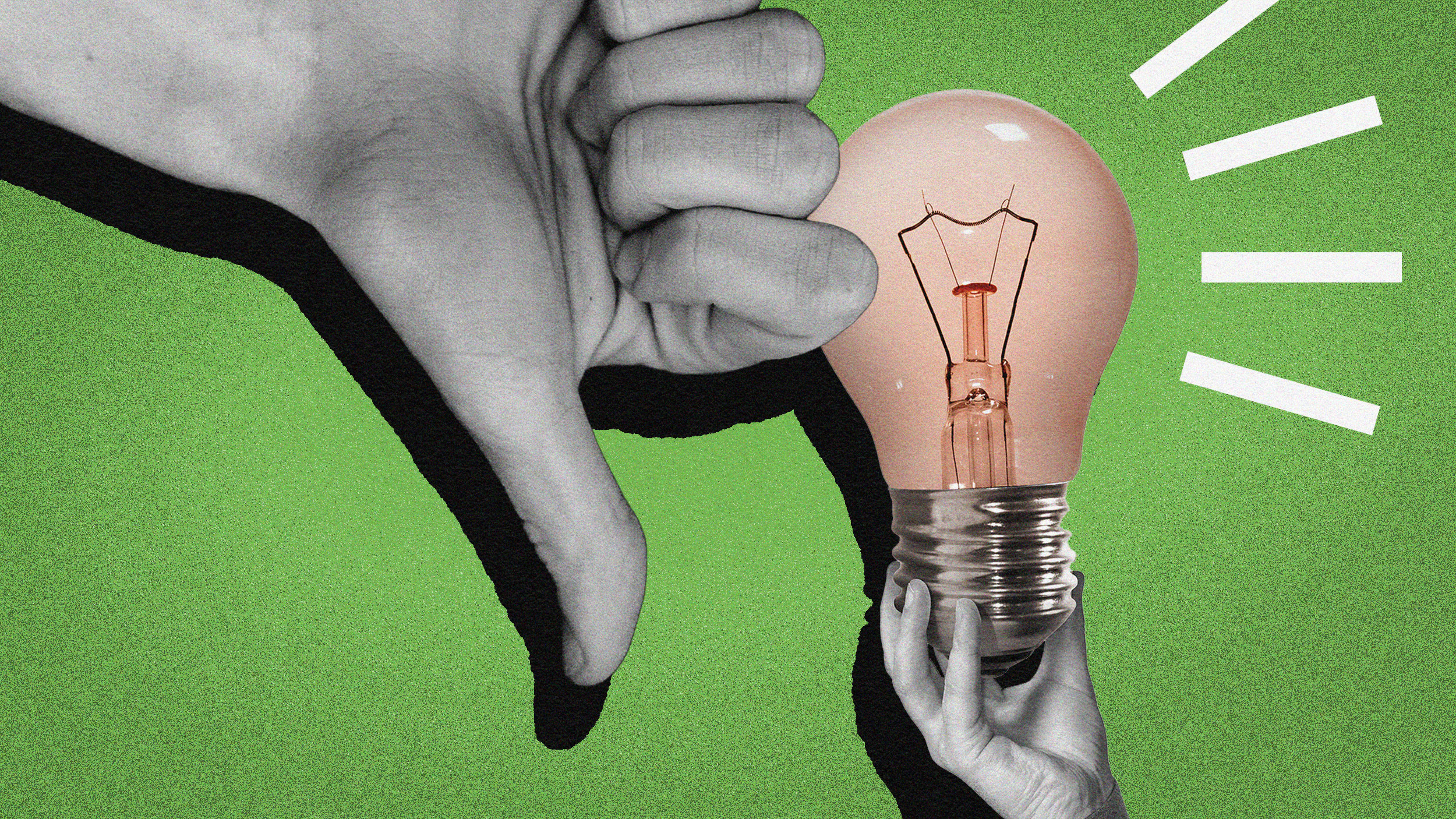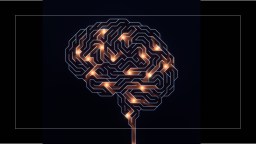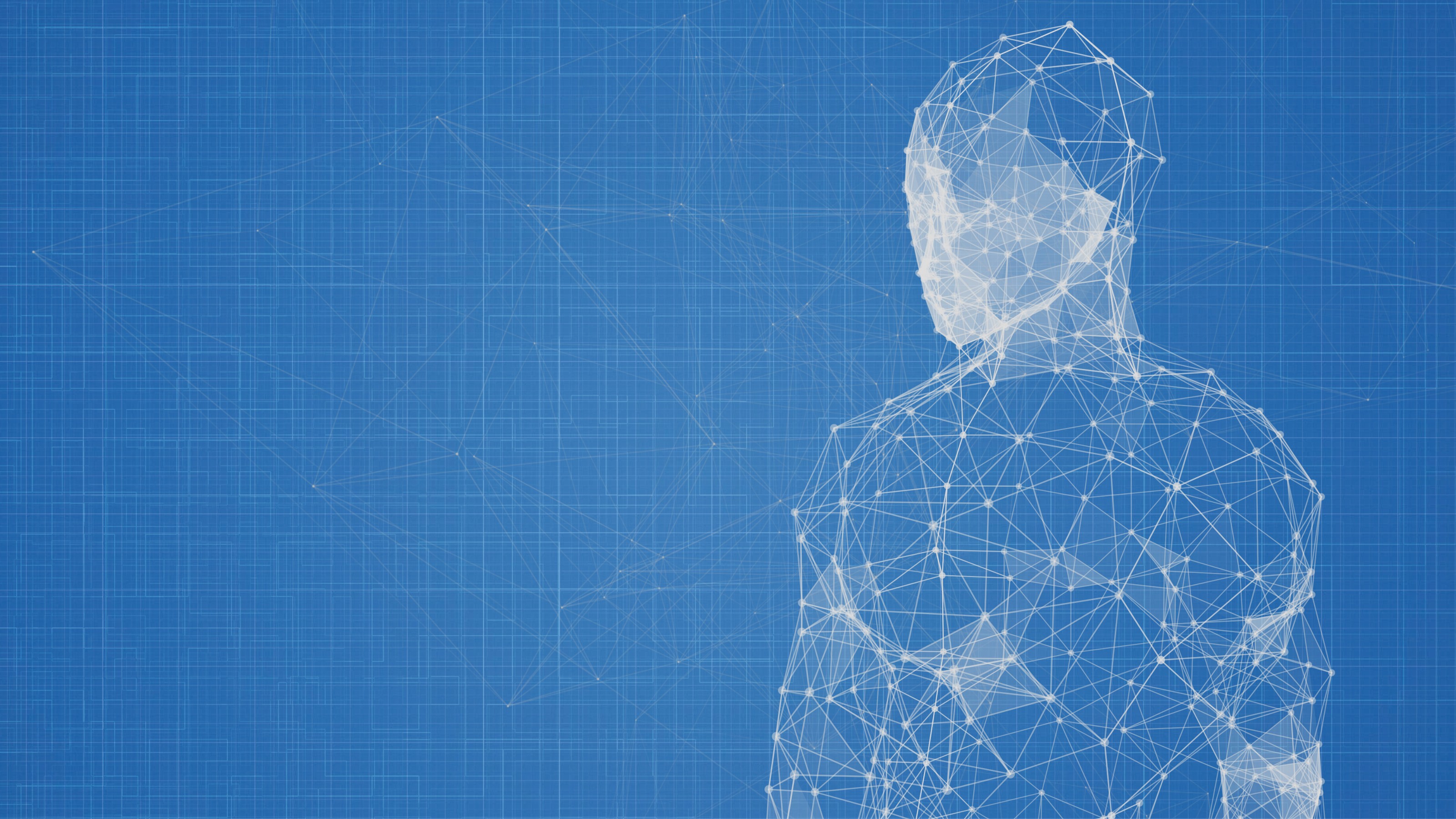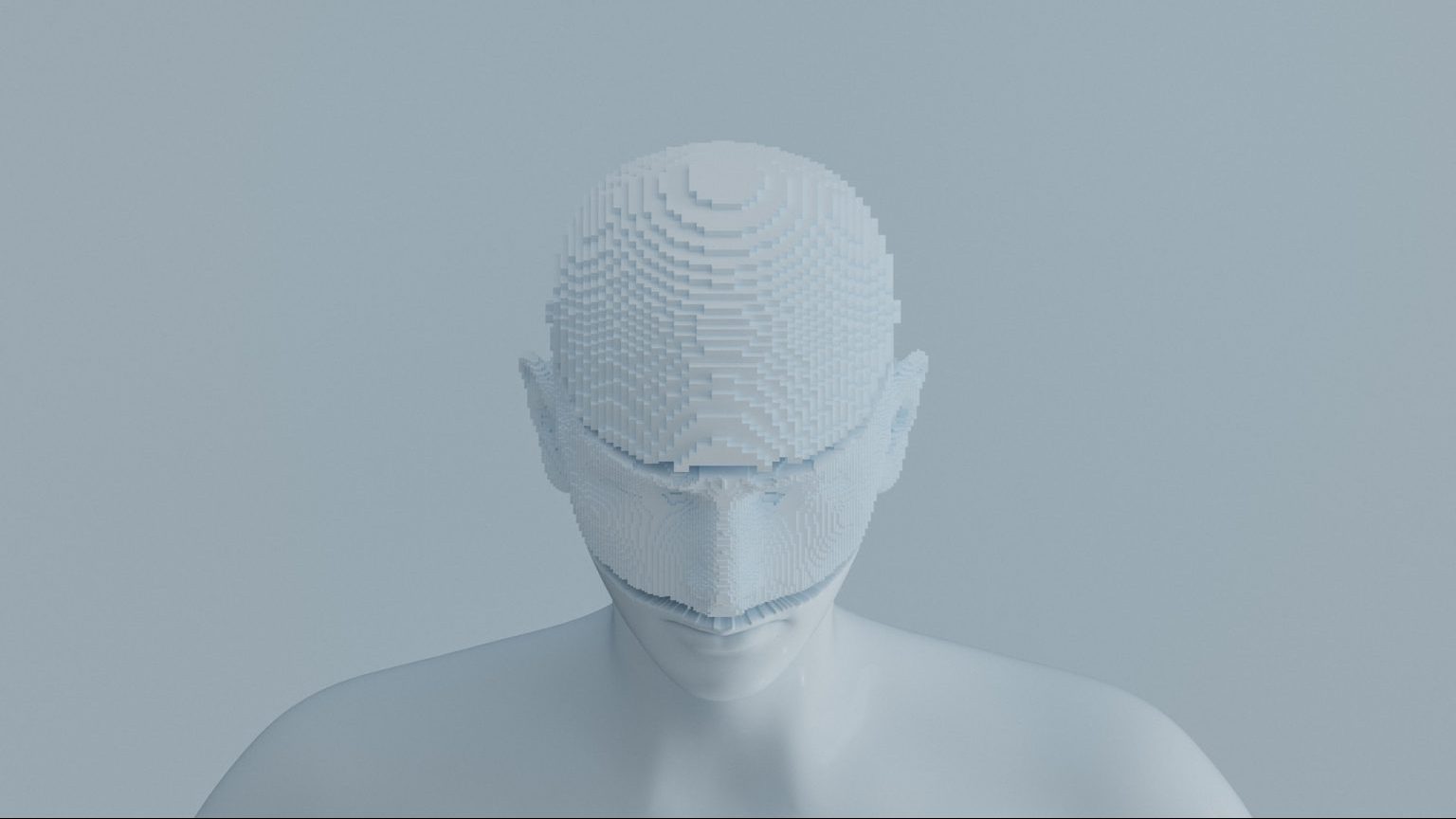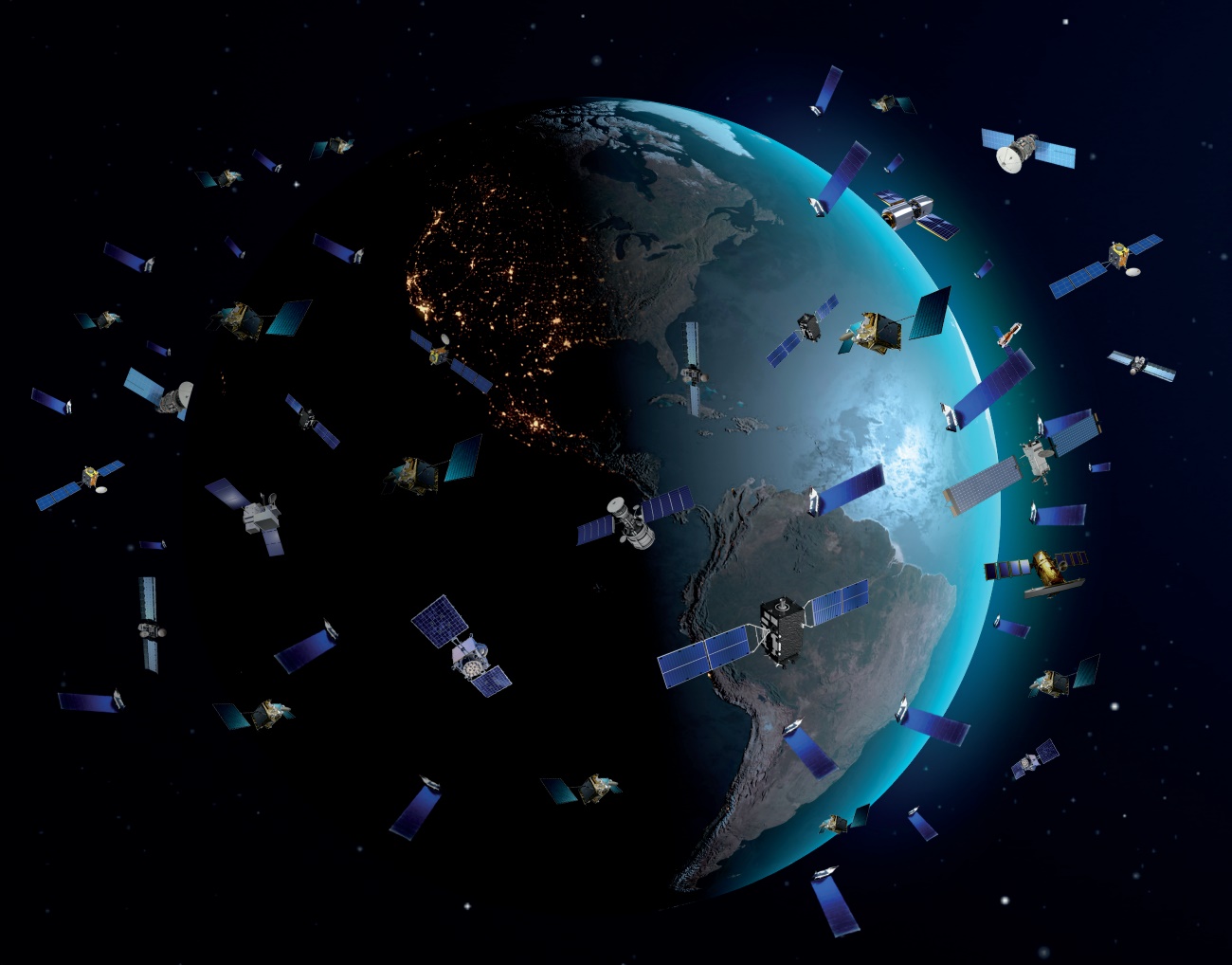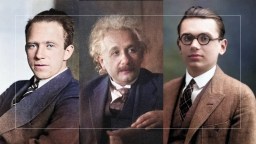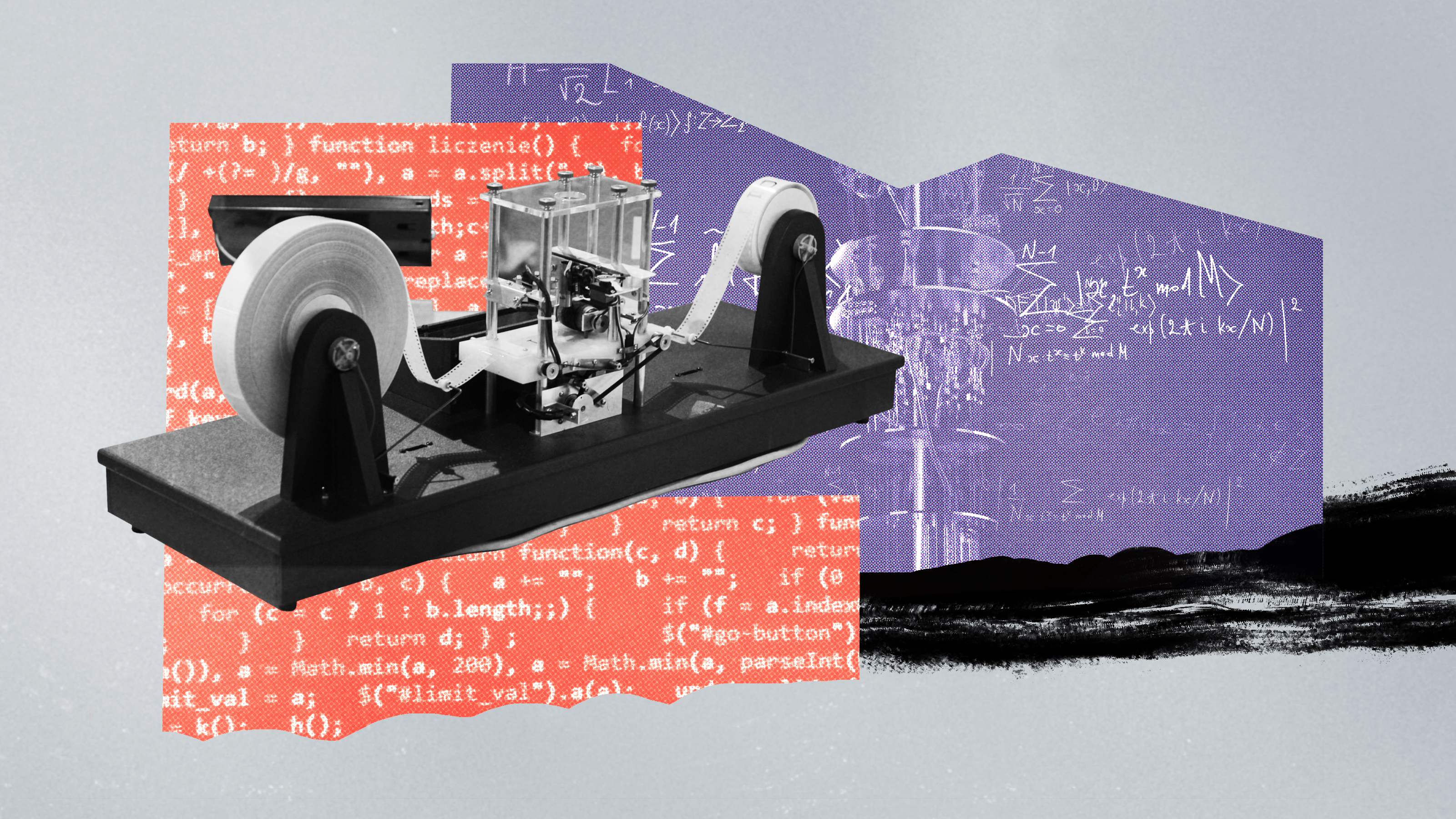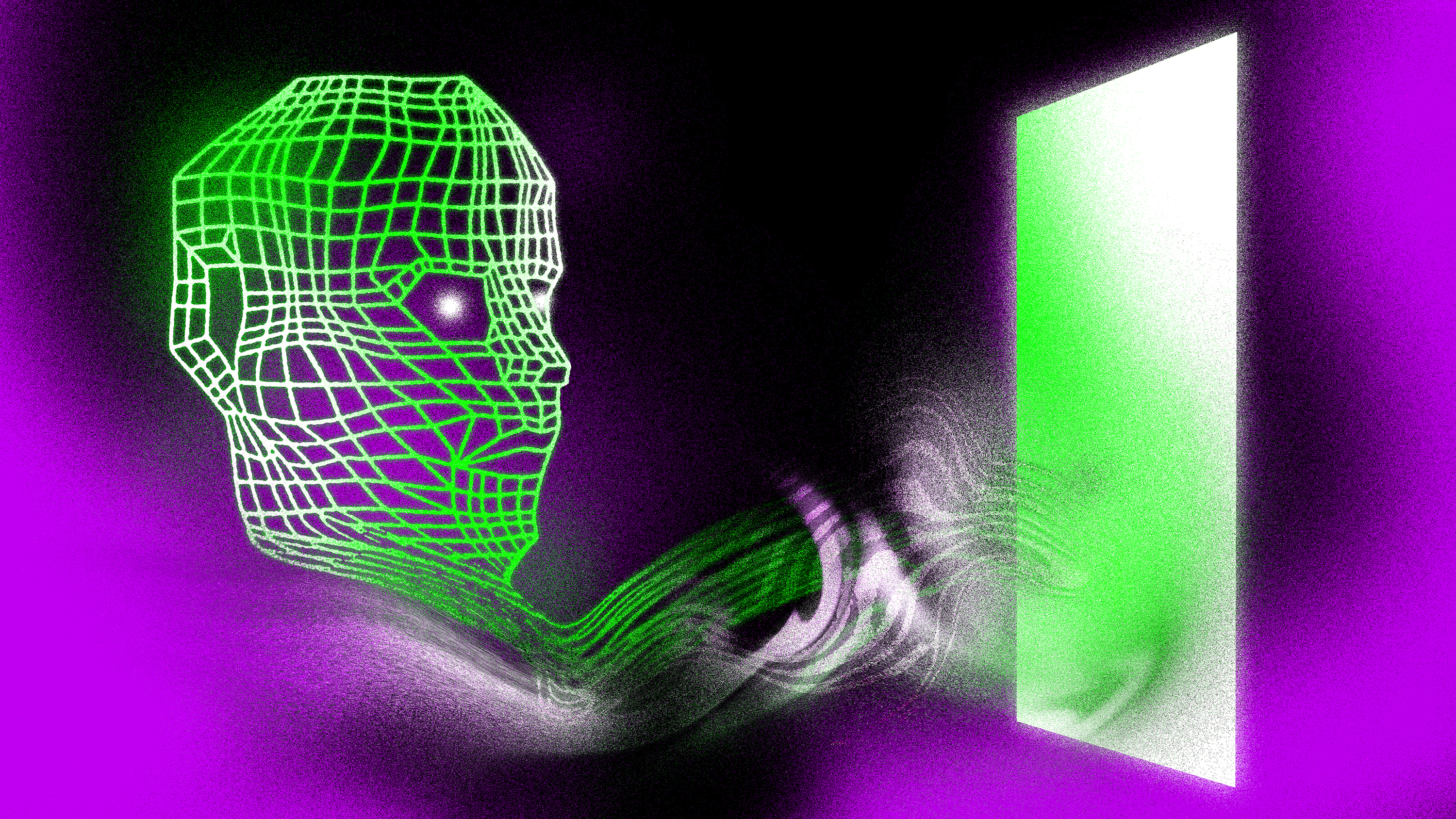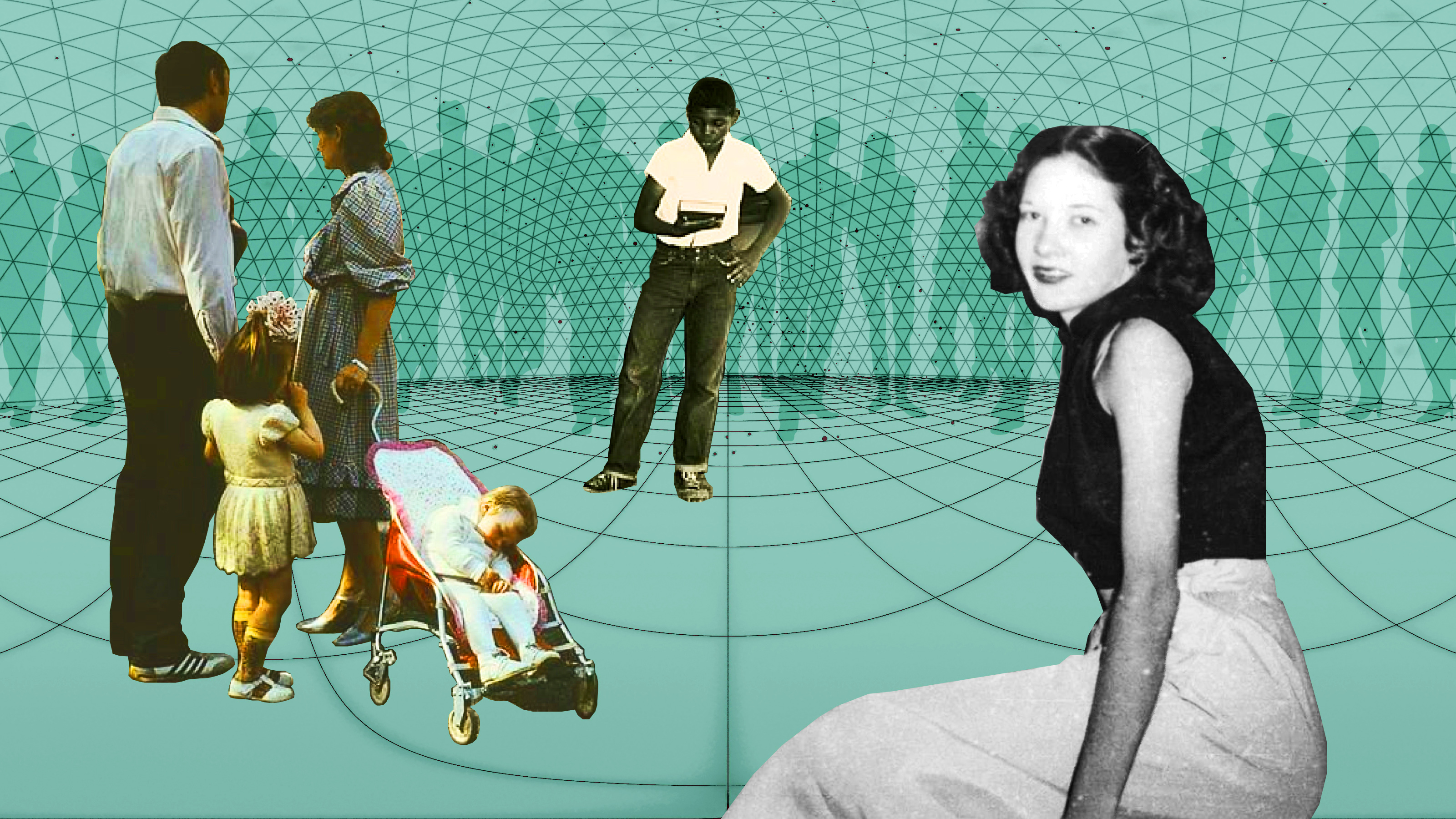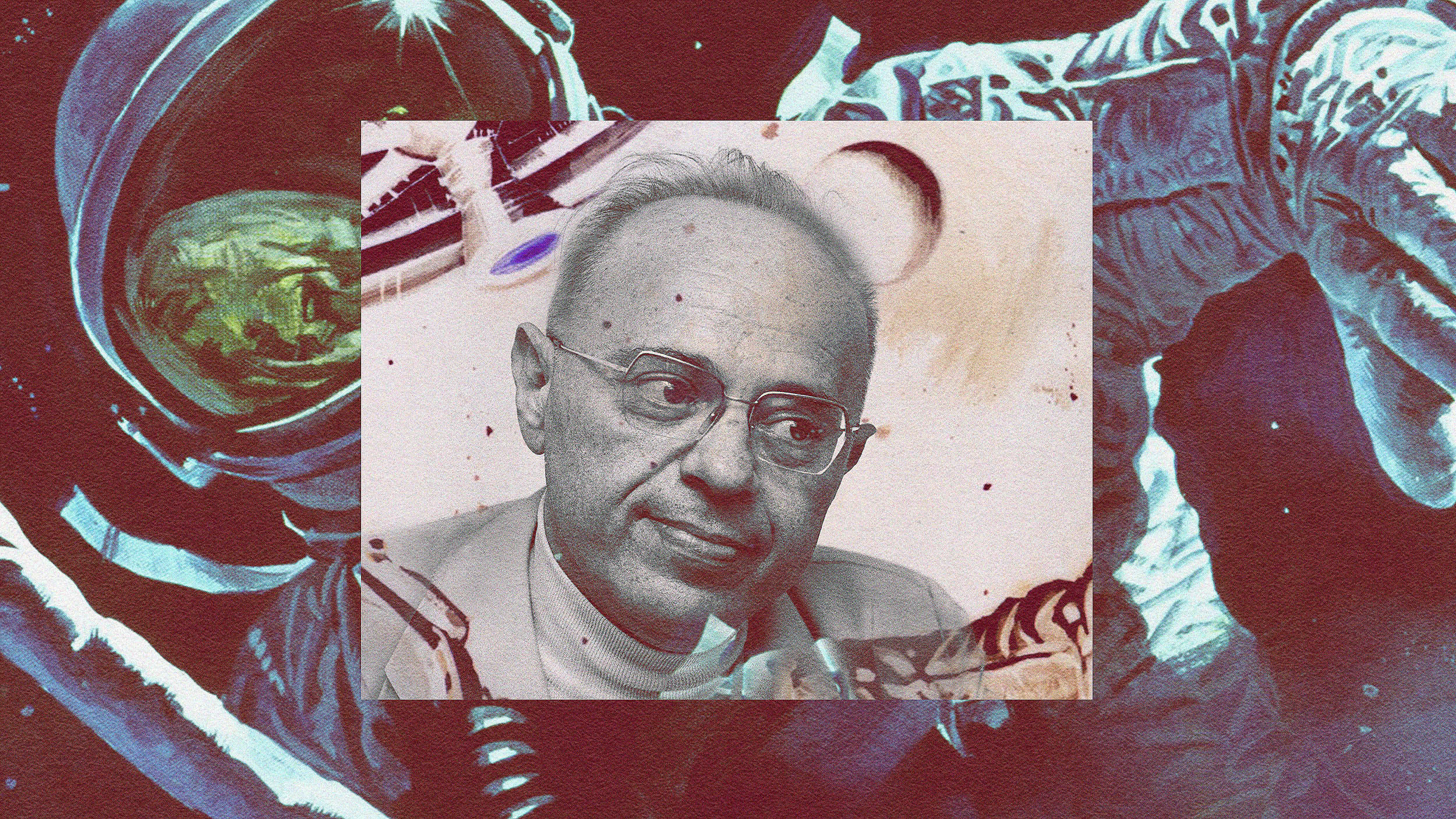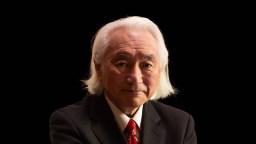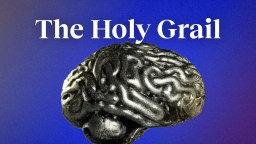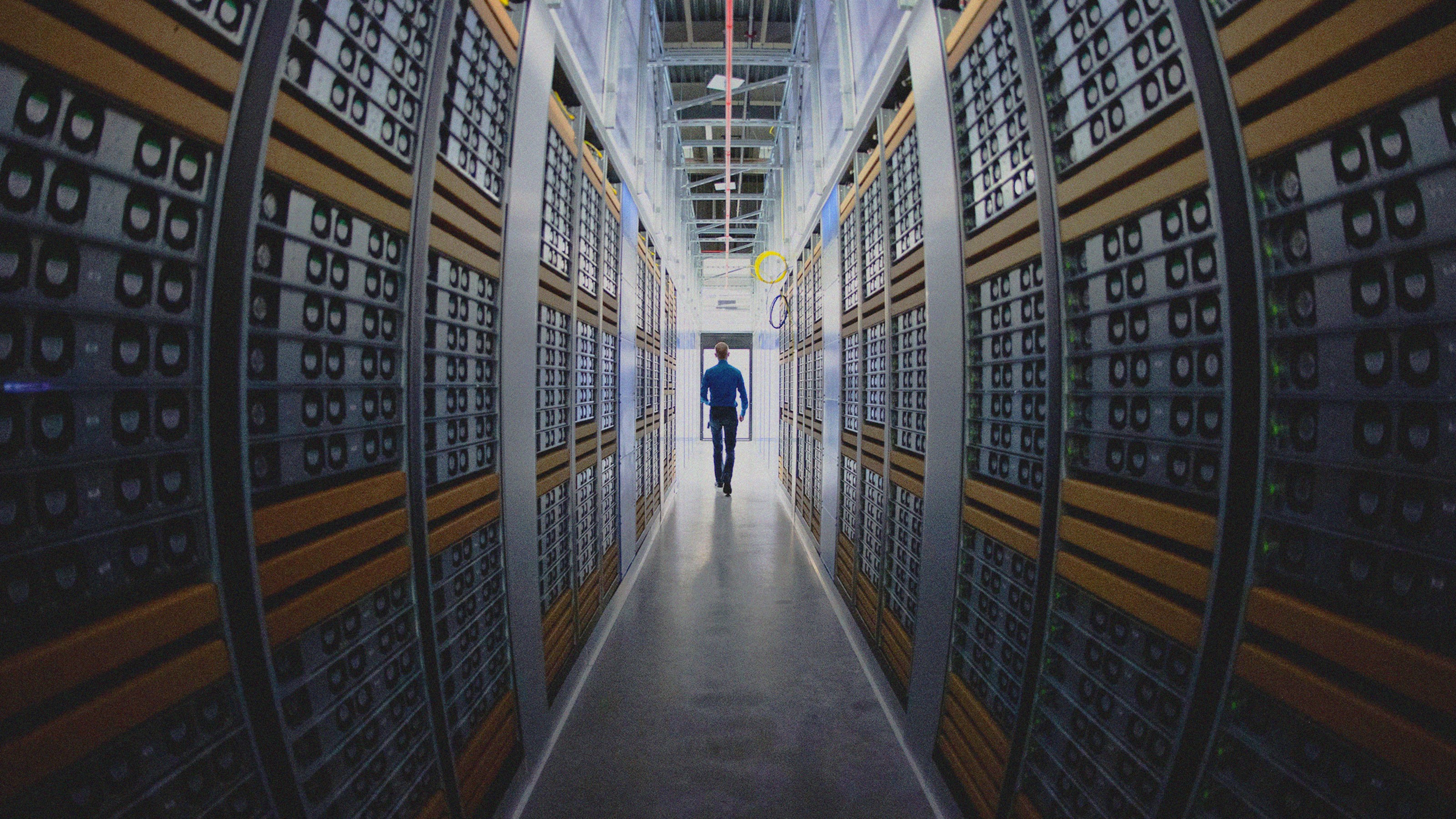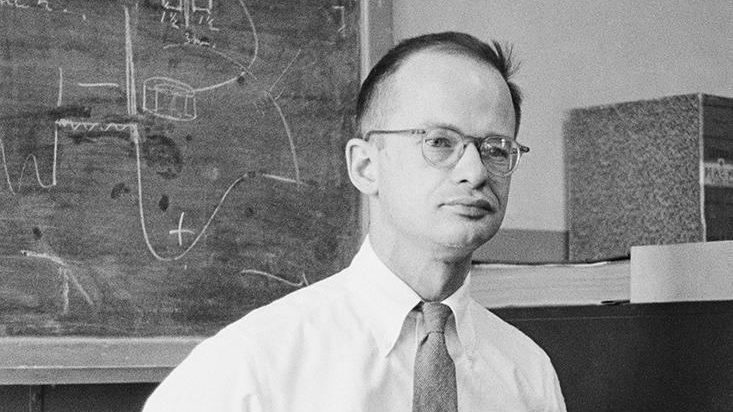Philosophy is often seen as little more than armchair speculation. This is a shame, as philosophy often has helped science reach new heights.
Search Results
You searched for: Computers
The tech world’s fixation on artificial intelligence has spawned beliefs and rituals that resemble religion — complete with digital deities, moral codes, and threats of damnation.
In the international competition, people with physical disabilities put state-of-the-art devices to the test as they race to complete the tasks of everyday life.
Science fiction movies capture a classic human flaw: getting the future mostly wrong.
What Shark Tank pitches, Sundance films, and unusual sandwiches show us about our choices.
It will be immensely difficult for the Bitcoin and Ethereum blockchains to protect their competitive edge if they do not pursue a radical change.
How World War II codebreaker Alan Turing invented modern AI.
▸
6 min
—
with
The future of healthcare may bring powerful collaborations between AI and medical professionals.
Brain-computer interfaces could enable people with locked-in syndrome and other conditions to “speak.”
Dennis Klatt developed trailblazing text-to-speech systems before losing his own voice to cancer.
A new technique that can automatically classify phases of physical systems could help scientists investigate novel materials.
Space weather poses a tremendous threat to all satellites, knocking all computer systems offline. Is that a recipe for Kessler syndrome?
“Part of what’s happening now in the world is tension between organic animals and an inorganic digital system which is increasingly controlling and shaping the entire world.”
▸
5 min
—
with
When one path is blocked, a new one must be paved. How Einstein, Heisenberg and Gödel used constraints to make life-changing discoveries:
▸
5 min
—
with
Mike Bechtel, chief futurist with Deloitte Consulting LLP, joins Big Think for a wide-ranging look at what’s next — and why.
Computers are growing more powerful and more capable, but everything has limits
Hackers are in an arms race with cyber defenders. Will AI tip the balance?
Large language models are an impressive advance in AI, but we are far away from achieving human-level capabilities.
More accurate uncertainty estimates could help users decide about how and when to use machine-learning models in the real world.
The simulation hypothesis is fun to talk about, but believing it requires an act of faith.
Step back from the AI maelstrom and explore Lem’s “Summa Technologiae” for a detached look at technology’s role in human evolution.
Humanity is a type 0 civilization. Here’s what types 1, 2, and 3 look like, according to physicist Michio Kaku.
▸
6 min
—
with
A crowdsourced “final exam” for AI promises to test LLMs like never before. Here’s how the idea, and its implementation, dooms us to fail.
A University of Oxford professor explains how conscious machines are possible.
▸
8 min
—
with
Journalist Steven Kotler on digital immortality and the tech that could keep us “alive,” forever.
▸
3 min
—
with
We need more data centers for AI. Developers are getting creative about where to build them.
Propofol, a drug commonly used for general anesthesia, derails the brain’s normal balance between stability and excitability.
That scary swirling void from which nothing can escape is our perfect universal translation tool.
Walter Pitts rose from the streets to MIT, but couldn’t escape himself.
Scientists are probing the head games that influence athletic performance, from coaching to coping with pressure.
